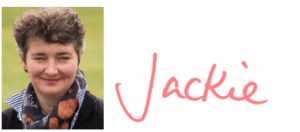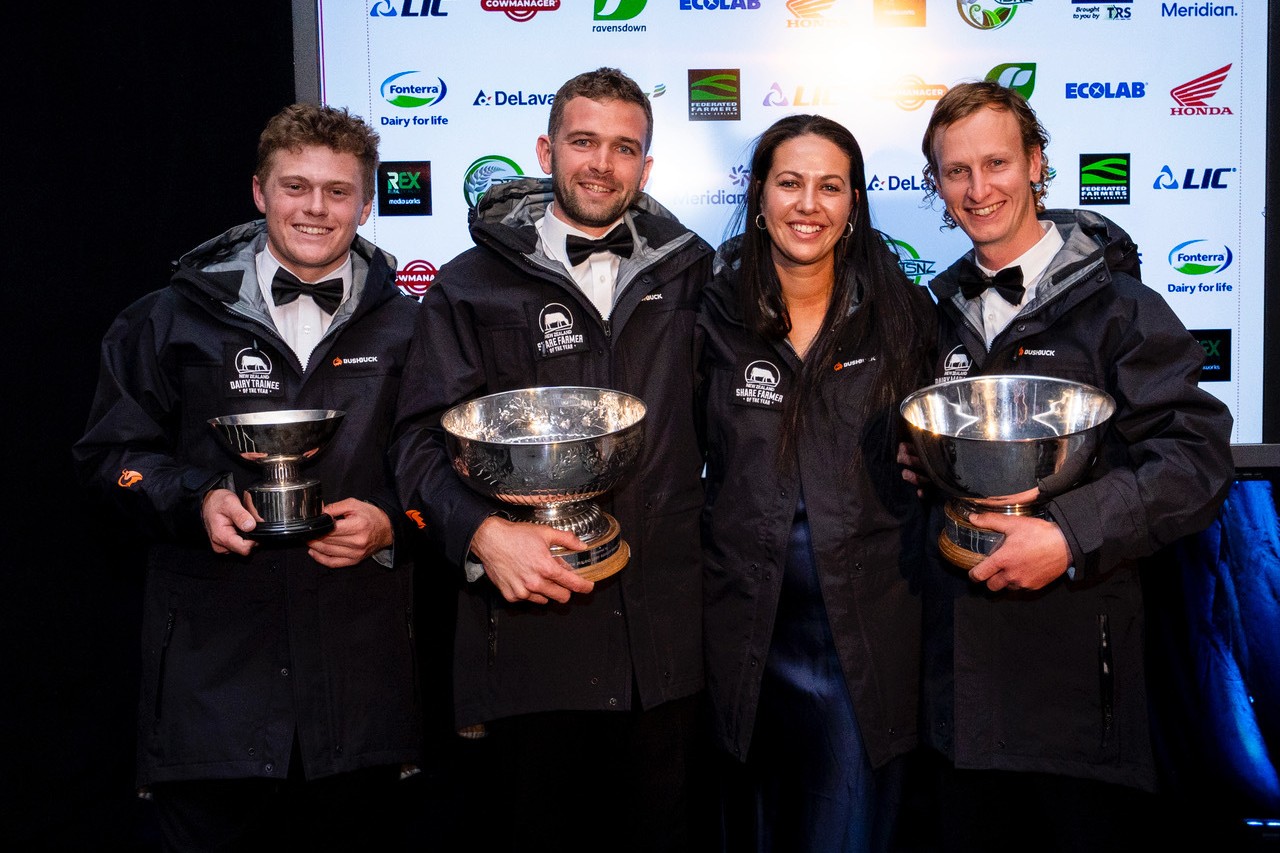I have been reading about climate dread and eco-anxiety, and it’s pretty depressing. It’s prevalent in the younger generation of 16-25-year-olds and research shows it’s the uncertainty of the climate changing and the fear of what the actual change will cause that leads to the condition.
It has been easy to think in New Zealand about climate change as something that is happening to someone else, far away overseas, and that it won’t affect us.
But then we saw the effects of a pretty rugged summer drought in Southland, and another 1-in-100-year West Coast flood – all in a year, and the news that the sea levels are rising twice as fast as previously thought in some parts of Aotearoa.
And so what if we don’t manage to constrain global warming to 1.5C? That’s a pretty small number – until you start to think about how that’s an average and at the fringes there are going to be some huge increases around the world – like the 47C+ heat waves parts of India are currently experiencing.
It’s here, it’s happening and it’s scary if you think through all the ramifications – storms, droughts, wildfires, water shortages, global climate refugees.
While He Waka Eke Noa (HWEN) wends its way through the consultation and regulatory process, farmers need to start thinking about how cutting emissions on their farms will work.
DairyNZ Climate Change ambassador George Moss has been committed to the journey for the past five years, and it’s not been easy, nor always successful. (Pg55)
“The reality is that reducing a carbon footprint usually requires decisions that can impact on lifestyles and incomes,” George says, and that’s often not particularly palatable. Read about George’s journey in our special report on GHG emission reductions where we also cover all of the main mitigations coming down the pipeline. We also take a look at how one Canterbury farm has managed to lower emissions by reducing stocking rate – achieving significant reductions in methane and nitrous oxide emissions, and nitrogen loss – while also meeting production targets.
The good news is that mitigations are getting closer and there are concrete things you can do in the meantime.
Deciding on a path and taking action is so much better for the planet and for your mental health than catastrophising about the future.
Every journey starts with the first step – Mat and Catherine Korteweg started on a journey to 500kg milksolids (MS)/cow and took to a Facebook group in lockdown for support and guidance to reach their goal. (pg22)
A group of farmers investing in dung beetles in the Linkwater Valley in Marlborough are taking action too, with the aim of improving pasture production alongside the environmental benefits of the dung-burying and processing beetles.
Taking action is better than sitting around catastrophising – I’m off to buy an ebike and parking up the car! And I will have to put a lot more thought into what I eat, where I fly and how I shop.






